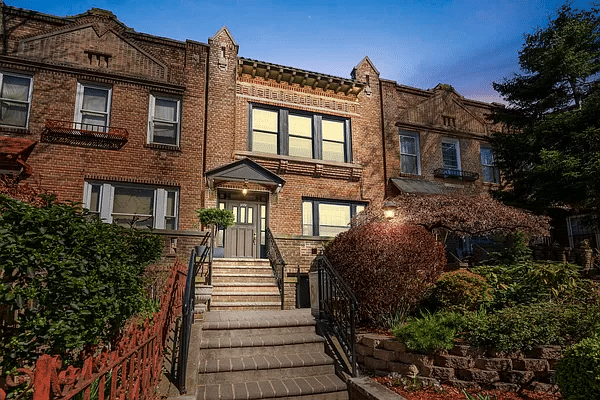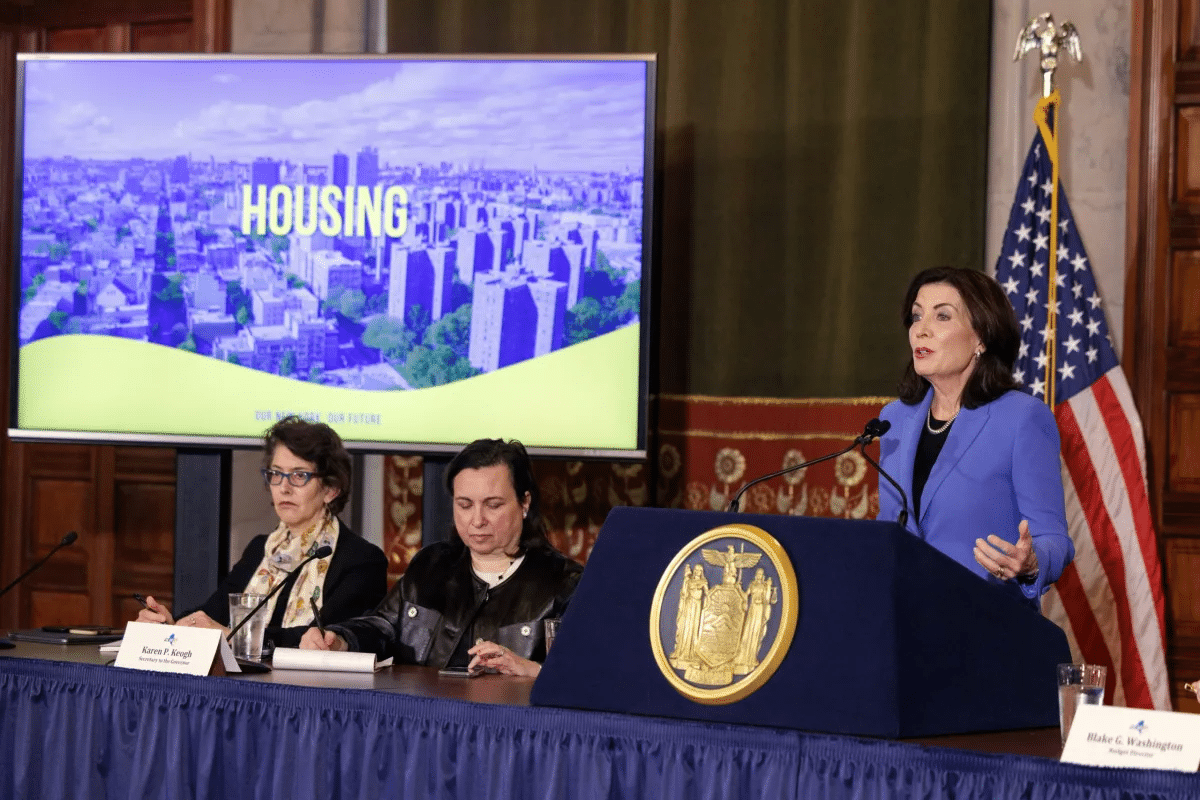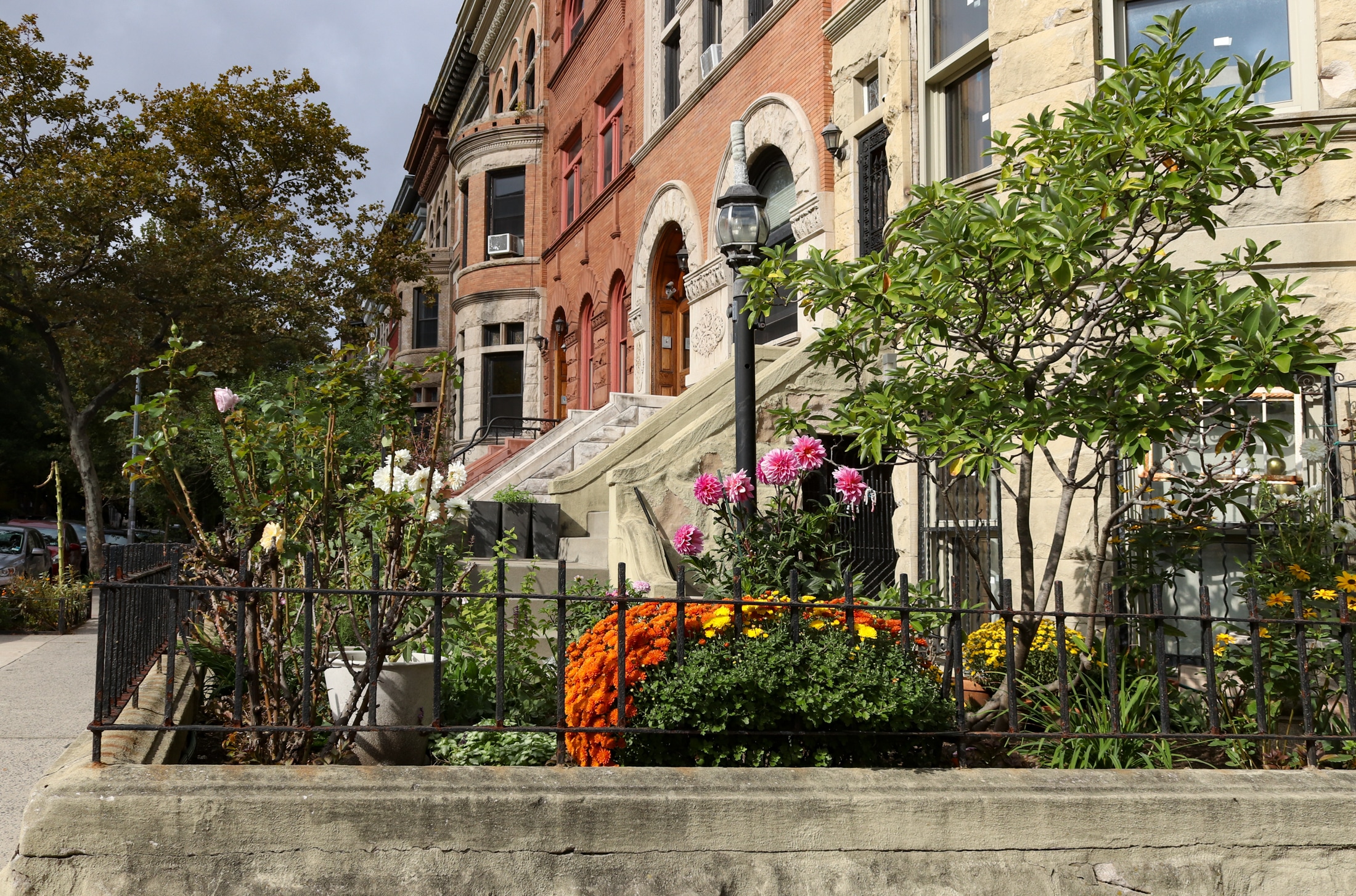Question: Department of Buildings Reform Needed for Homeowners in Brooklyn?
As any Brooklyn homeowner set on a major renovation knows, the City’s Department of Buildings permitting process is expensive, time consuming, and opaque. And it has only gotten worse in the last year or so, as we experience a building boom and the City has increased requirements for such things as sprinklers, according to what…
As any Brooklyn homeowner set on a major renovation knows, the City’s Department of Buildings permitting process is expensive, time consuming, and opaque. And it has only gotten worse in the last year or so, as we experience a building boom and the City has increased requirements for such things as sprinklers, according to what we hear from readers on the Forum and elsewhere.
Last month the City’s Department of Buildings announced a major reform initiative. This followed 50 arrests in a massive bribery scandal that erupted earlier this year.
Reform strategies include spending $120 million, eliminating in-person visits with an entirely virtual process, hiring an additional 320 employees over four years, a new fee structure, and creating one building code to speed up the permitting process.
How exactly this would affect individual homeowners renovating 100-year-old buildings or apartments in Brooklyn is unclear, and we have reached out to the department’s press office for more details, but have not yet heard back.
For example, would a unified building code make things easier or more complicated for homeowners renovating old buildings that often do not comply with elements of today’s building code?
Filing fees for developers are going up. Will filing fees for individual homeowners decrease or stay the same?
Meanwhile, wait times for permits are so long, some homeowners are teetering on the edge of bankruptcy or have lost their construction loans, according to comments and questions in the Forum. Here are a few typical recent comments:
“Good luck. Took seven months to get an Alt-1 approval.”
“We’re six months into waiting for our Alt-1. Adding 10-foot extension.”
“We start demo soon because we’re filing an Alt-2 first, but that seven-month timeline for just an approval is scary.”
Is the DOB process for homeowners in Brooklyn broken? What reforms, if any, do you believe are needed?










i am in the business and am at the brooklyn bldg dept a lot. while the system is awful a lot of the people are ok. they are dealing with a very difficult situation particularly mr adler. my experience with him has been that he has been fair and if you are prepared, knowledgable and correct he is very helpful . the criticism of him is not accurate . i actually wish there were more people like him there who are willing to help.
otherwise the system is awful and if we get assigned the wrong examiner, jobs can take a very long time to get approved. its very random and unfair
Our expeditor had a relationship with him and he tried to speed things up for us on occasion, so our experience with Neil Adler was positive. Also a nosy neighbor triggered an audit on a project and the expeditor and architect worked directly with Mr. Adler. He requested more documentation but correctly noted that this was to protect the owner, as this could be litigated. Upon return visit he closed the audit as he promised. It helped that the design team came in prepared with documentation of all the code and zoning issues relating to the complaint.
Neil Adler has a napoleonic complex and sets the tone in that department. He enjoys delaying projects years on technicalities. Nothing will change until he’s gone.
The problems with the DOB go back many years. Post NYC fiscal crisis of the 1970’s, and 1980’s, there was little oversight and accountability. Much work was never filed – co-ops discouraged it for fear that the DOB would find problems. Work that was filed was often not signed off. As the economy improved the DOB began to tighten up but was woefully unprepared for the surge in development. Scandals – construction site safety problems, lack of proper underpinning, crane collapses, etc. – forced the city and the DOB to address these problems. DOB, introduced self-certification as a way of pushing the problems onto architects and engineers, and enabling the city to reduce staffing at the DOB. Self-certification, like any honor system, always has bad apples. However the DOB was incapable of differentiating between outright misrepresentation of a project and simple drafting errors on a drawing. The overzealous atmosphere at the DOB created a climate in which professionals are assumed to be deceitful; examiners are fearful of making a mistake and focus on minutiae; and the leadership does not exercise professional judgement over small or important matters. In short the DOB has lost sight of its customers – professionals, homeowners, landlords and developers. Its latest brainstorm – the HUB allows electronic filing and is intended to streamline the approval process. The downside is that the HUB has scavenged the best examiners leaving the boroughs short staffed. The fees now paid are very high and the DOB cannot provide timely service.
In addition the City has several building codes and their applicability depends upon the type of work and the age of the building. The DOB computer system, an improvement over the antiquated paper system, is not yet 21st century. DOB co-ordination with other agencies (NYFD, Parks, LPC etc) needs improvement.
I don’t think eliminating in person visits is a good idea. The DOB ought to provide more hands-on assistance before a project is filed so that the professional and the client can go the the department with a job that doesn’t need six months – one year for approval.
The resources and services of the DOB are not commensurate with amount of development in the city.
Cate, could you forward all these comments to the Times, WNYC (and/or any other NY organization that does investigative journalism)? It would raise Brownstoner’s profile and it might kick-start a much-needed reform. I would do it myself, but I don’t have the contacts.
Also, for those playing along, we emailed the Get Back to Work contact to request a review after both our initial and now our second and were told (with break-neck speed, within hours) that our examinor doesn’t have any available times. In May and now in June. And we have had three examiners (we had no idea they were switching them until our architect showed up for the appointments.) This is a total racket. Has anyone actually gotten a slot from the Get Back to Work initiative? We have not heard of anyone using it.
mt molehill, would like to reply to your comment, but not sure how to follow in sequence. Anyway, I feel strongly about fighting climate change and believe in progressive governmental regulation but I’ll agree that necessitates a basic level of common sense, flexibility and competence at the agencies involved. Too unrealistic in Brooklyn?
Also, don’t see how it helps the NYC housing crisis to keep families stranded in secondary housing while they endlessly await a green light to legally renovate.
Also, there is the fear that someone will call 311. Back in the day, if your neighbor was building an illegal extension, how would you even know who to call?
Thirded. We would happily provide a quotable quote to anyone interested in writing about this.